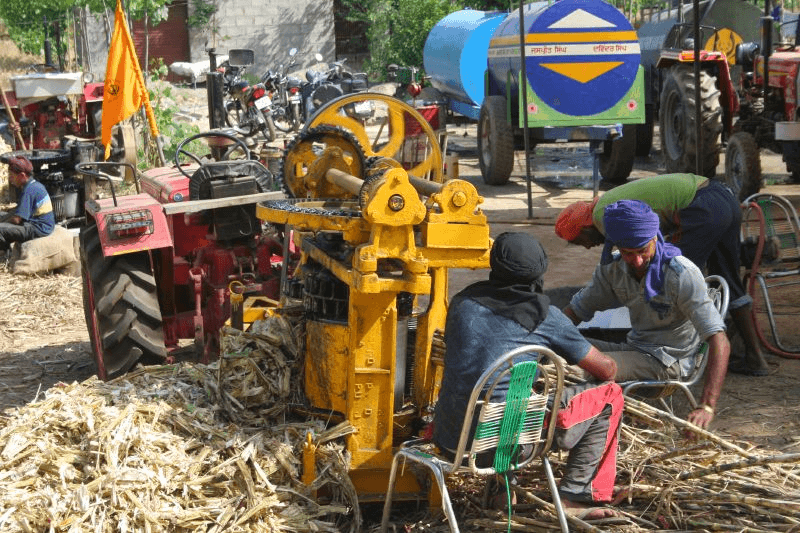Methane is a dangerous heat-trapping gas responsible for 47 per cent of India’s greenhouse gas (GHG) emissions. The agricultural sector dominates India’s harmful emissions to the tune of 37 per cent and methane does 81 per cent of the damage within the sector.
Indian farming over-uses resources like water, seeds and fertilizers.
The need of the hour is to fashion a win-win-win in agriculture. In such a program, the economy will benefit by uplifting the farming sector, which can best be achieved by raising productivity to best-of-breed levels (no pun intended). Second, resources like water, soil, seeds and fertilizer will be better conserved. And third, the new techniques will dramatically reduce GHGs.
…
India has a unique GHG profile and a unique agricultural sector. This presents both unique problems and opportunities for an India-specific mitigation plan. We need our agricultural experts to fashion a second green revolution by implementing such a win-win-win plan as the highest priority towards accelerating net zero. As side benefits, we will better preserve precious resources like freshwater, and boost the economy. After agriculture, the next biggest GHG culprit is the electricity sector, which is the topic of the next article in the series.































